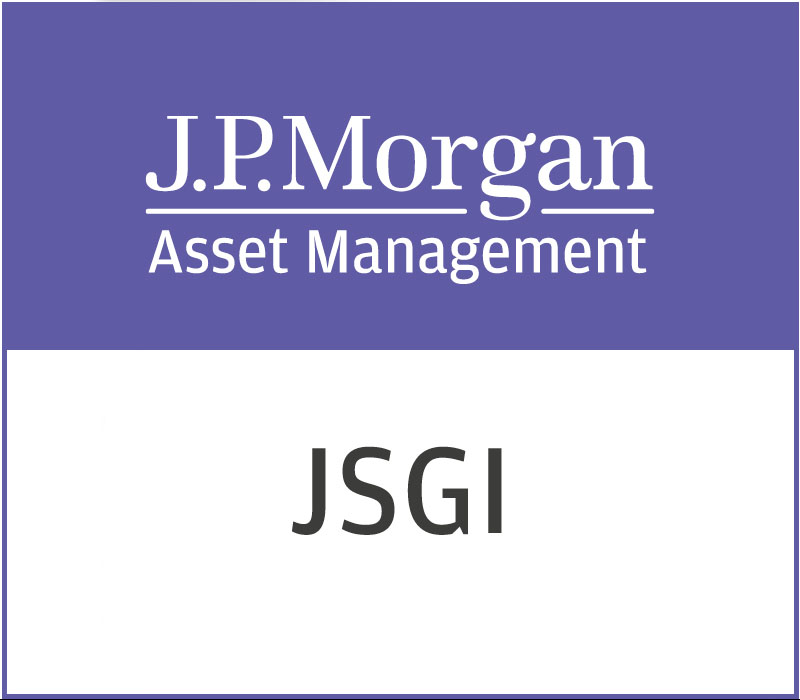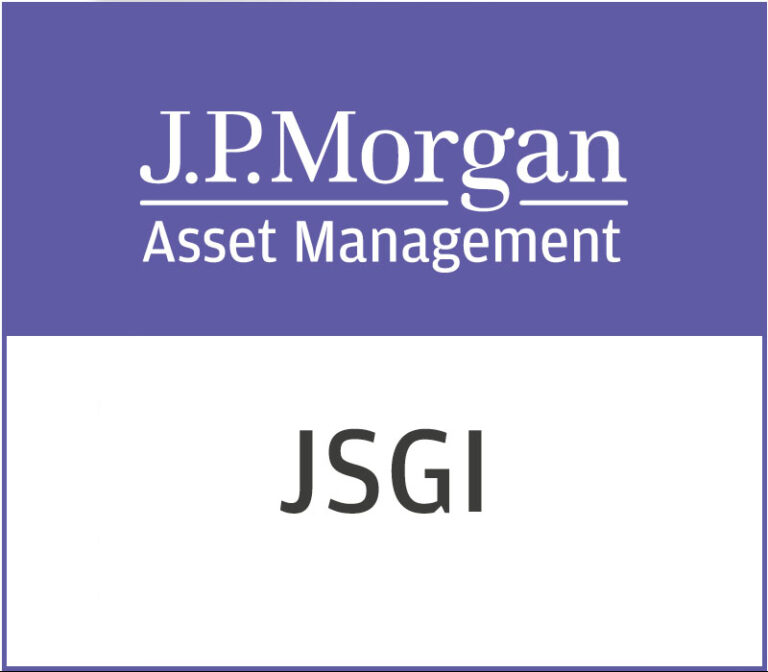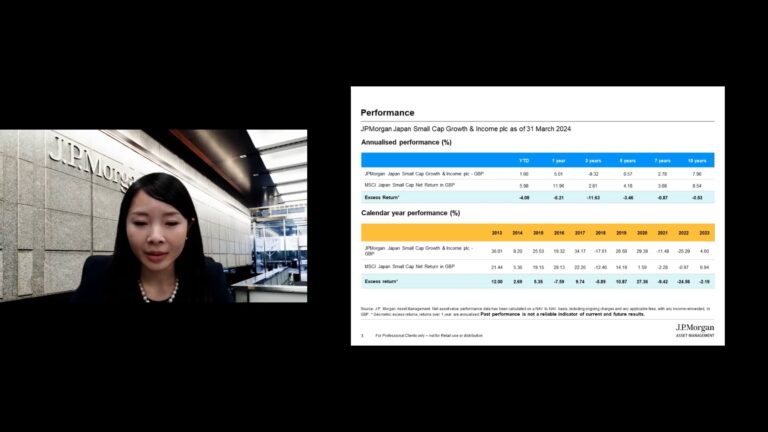Results analysis from Kepler Trust Intelligence
JPMorgan Japan Small Cap Growth & Income (LON:JSGI) has reported its final results for the year ending 31st March 2021. Over that period JSGI generated a NAV total return of 42.4% and a share price return of 47.9%, beating the 21.7% return of its benchmark, the S&P Japan Small Cap Net Return Index.
JSGI continues to offer investors a competitive yield despite investing in a portfolio of Japanese small caps, which are not traditionally hunting grounds for income investors. This is due to the board’s policy of paying out 1% of its NAV each quarter, from capital if necessary. JSGI currently has a dividend yield of 4.3% (as of 17/06/2021).
Kepler View
Over its financial year JSGI has been able to deliver enviable returns, far in excess of its benchmark. While JSGI’s total return is certainly impressive we believe that of equal, if not greater, importance is the rare combination of Japanese small cap exposure and a competitive yield on offer here. This makes it an interesting source of potential diversification for income seeking investors.
The team behind JSGI follow a process which has a clear focus on identifying the best quality growth opportunities within Japan, and stock selection has been the primary contributor to the financial year returns. Beyond bottom up the team rely heavily on their understanding of the trends underpinning Japan’s economy.
The pandemic has ultimately done little to impact the strategy of the team, given their discipled long-term view to investing. If anything it may have accelerated the adoption of these themes by encouraging greater use of technology, improved productivity and corporate consolidation.
While the near term market environment remains one of uncertainty, as the clear ‘winners’ of the pandemic recovery become harder to identify and Japan lags behind its developed peers in the vaccine rollout, the JSGI team remain unruffled. They believe that Japan remains determined to achieve its long-term goals; sustainable and broad-based growth driven by digitalisation, improving corporate governance and increased access to free trade.
In our view, the trust’s appeal as a long-term play for investors seeking well managed exposure to the growth generated by Japanese smaller companies, with the benefit of a differentiated yield, remains obvious against that backdrop – even after the trust’s recent strong run…







































